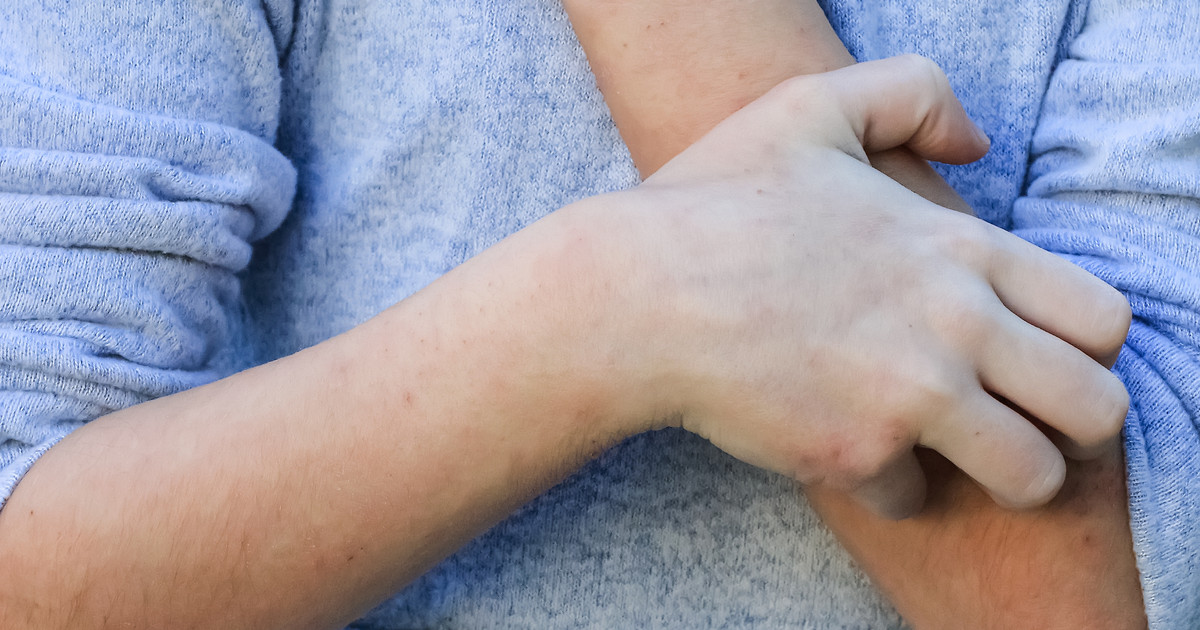What Is Hydroxyzine?
Hydroxyzine seems to be considered an antihistamine. This means that it may be able to block the effects of too much histamine. Histamine appears to build in an individual's body when they deal with an allergic reaction. It may be the cause of their symptoms. Doses of this medication may vary between patients. Considerations for dosages seem to include the patient's age, medical history, and why they are taking this medication.
It seems as if hydroxyzine is only available as a prescription antihistamine. Patients may take this common oral allergy medication when strong over-the-counter antihistamines have not worked. This allergy medication may also work as a short-term medication for anxiety. Some doctors may also choose to prescribe it as a sedative for surgery. Individuals who may need to take this medication may wish to understand how it should work first.
How It Should Work
Hydroxyzine seems to be an antihistamine. Thus, this medication may be able to block the effects of too much histamine. Too much of this natural chemical appears to be the reason for symptoms of an allergic reaction. These symptoms may include watery eyes, skin redness, and itchy skin. This medication also seems to decrease brain activity. Thus, it may sometimes act as a sedative. Patients may be able to take this medication as a tablet, liquid, or capsule.
How often patients may take this medication seems to vary. However, they may take it up to three or four times daily, but not more. This appears to change depending on their symptoms and how they may respond to treatment. Instructions from the doctor seem to be important. Patients taking the liquid form of this medication may need to shake it first.
Get the details on the potential uses of this medication next.
Potential Uses
Hydroxyzine seems to treat significant itching that may stem from an allergic reaction. Both adults and children may be able to take it for this purpose. This medication also appears to be a short-term treatment for tension and anxiety. Some doctors may prescribe it as a sedative for their patients before surgery as well. It also seems to be suitable for use after surgery when patients are recovering from anesthesia.
However, the most common use is for allergic reactions, especially on this skin. This may include hives and contact dermatitis. Patients may also need skin tests for their allergies. These tests seem to help doctors identify the allergen. They may also prescribe a different medication if patients need a long-term solution.
Uncover the possible side effects of this medication next.

